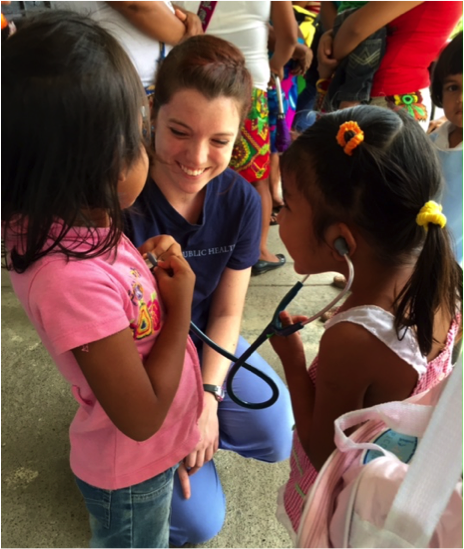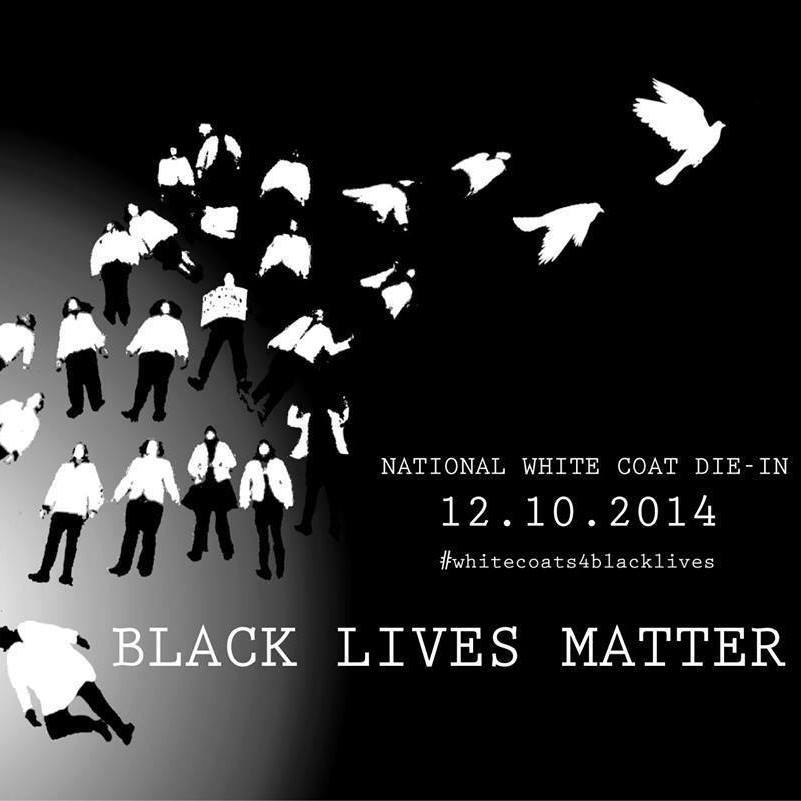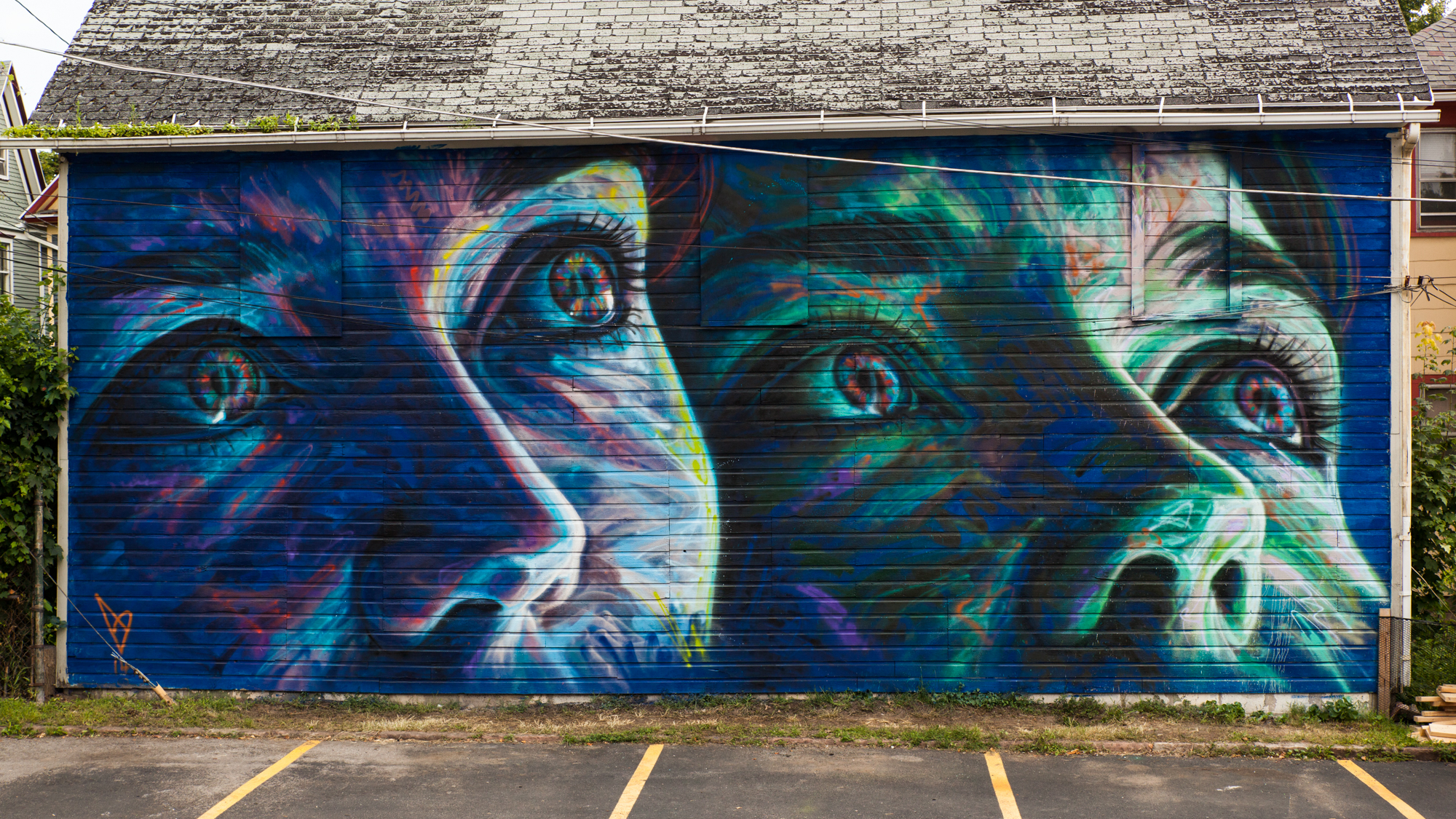How Racism Makes Us Sick: Incarceration and Illness
Today, there are more people in jail for drug offenses then there were prisoners for all crimes in 1980. People of color comprise more than 60 percent of those incarcerated, yet represent only a third of the country’s population. While the issues leading to the disproportionate incarceration of people of color are many, I wish to focus on a single contributor which is the most important cause of America’s dramatic increase in incarceration — the structural racism readily apparent in our country’s approach to drug offense convictions.







